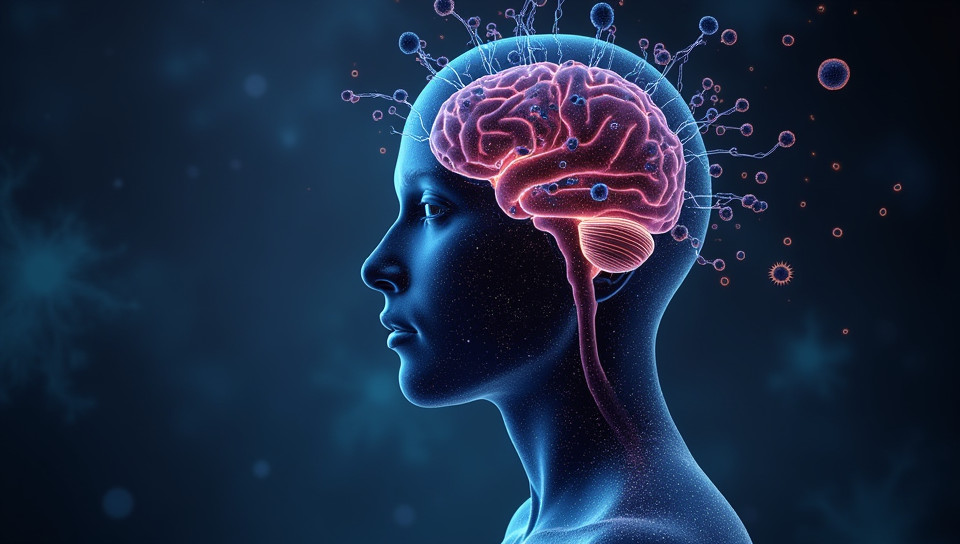ECS research provides insights into mood regulation mechanisms 78%

Unlocking the Secrets of Mood Regulation: What ECS Research Reveals
Have you ever wondered why some people seem to bounce back from stress and adversity with ease, while others struggle to shake off the blues? The answer lies in the intricate dance between our body's endocannabinoid system (ECS) and the complex mechanisms that govern mood regulation. Recent research has shed light on the critical role of ECS in modulating emotional responses, offering hope for the development of novel treatments for mental health disorders.
Understanding the Endocannabinoid System
The ECS is a network of receptors and chemicals that work together to maintain balance within our body's physiological systems. Composed of two primary components – endocannabinoids (produced by our bodies) and phytocannabinoids (derived from plants, such as cannabis) – the ECS plays a vital role in regulating mood, appetite, pain perception, and memory.
The Interplay between ECS and Mood Regulation
Research has shown that the ECS is intricately linked to the brain's reward system, which is responsible for processing emotions. The release of endocannabinoids, such as anandamide, triggers feelings of pleasure and relaxation, while their breakdown contributes to stress and anxiety. An imbalance in this delicate process can lead to mood disorders.
Key Factors Influencing ECS Activity
- Modulation by neurotransmitters: The activity of the ECS is influenced by various neurotransmitters, including serotonin, dopamine, and GABA.
- Environmental factors: Stress, sleep deprivation, and social isolation can all impact ECS function.
- Genetics: Individual differences in ECS receptor expression and endocannabinoid production contribute to variations in mood regulation.
Breakthroughs in ECS Research
Recent studies have made significant strides in understanding the mechanisms by which the ECS influences mood regulation. For instance:
- Researchers have identified specific genetic variants associated with altered ECS activity, providing insights into the molecular underpinnings of mood disorders.
- The development of novel ECS-targeted therapeutics has shown promise in treating conditions such as depression and anxiety.
Implications for Mental Health Treatment
The findings from ECS research offer a glimmer of hope for the development of more effective treatments for mental health disorders. By targeting the underlying mechanisms governing mood regulation, clinicians may be able to provide more personalized and targeted interventions, improving patient outcomes and quality of life.
Conclusion
ECS research has revolutionized our understanding of the intricate dance between our body's physiological systems and emotional responses. As we continue to unravel the secrets of this complex network, we move closer to unlocking novel treatments for mood disorders. By harnessing the power of ECS research, we may soon find ourselves on the path towards a brighter future, where mental health is treated with the same compassion and care as physical health.
- Created by: Marcia Costa
- Created at: Dec. 3, 2024, 12:47 p.m.
- ID: 16455







